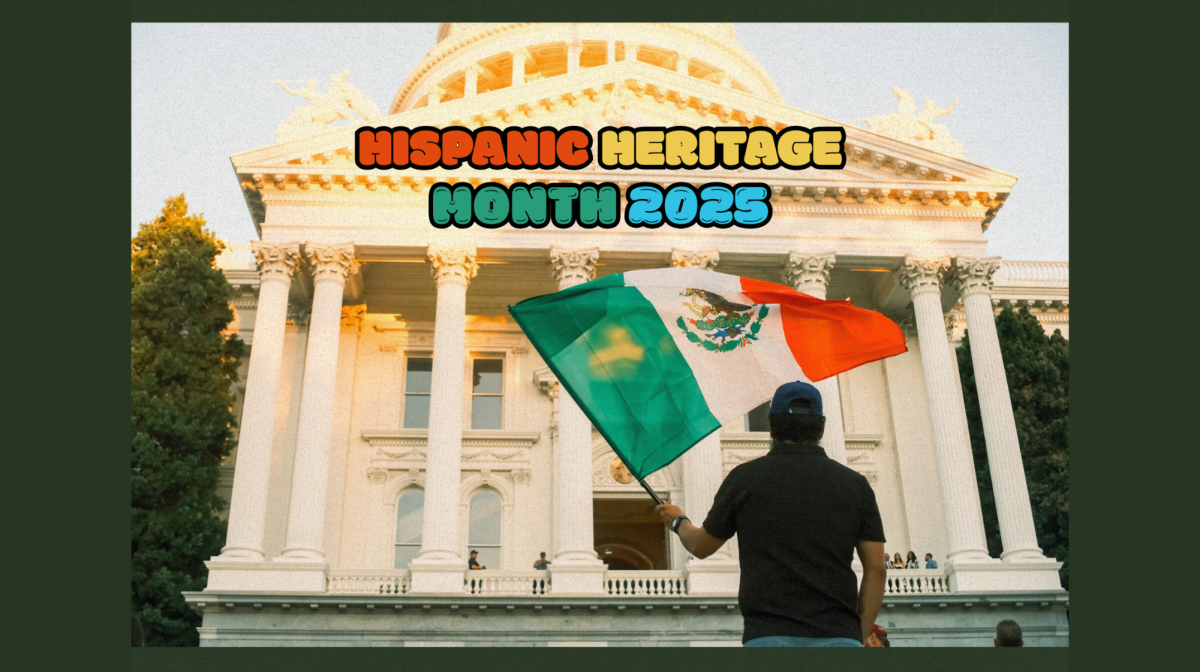An unfair punishment
April 29, 2009
The harshest punishment I ever got at the age of 14 was detention. I lost an hour out of my afternoon for something stupid I did in high school. For Quantel Lotts and 72 other 14-year-olds in the United States, they lost their freedom for the rest of their lives.
According to an April 8 article on CNN.com, Lotts was in a playful altercation with his 17-year-old stepbrother, Michael Barton, when the horseplay took a turn for the worse. Lotts proceeded to pick up a knife and stabbed Barton. By the time they reached the hospital, Barton was dead. At the age of 14, Lotts was sentenced to life in prison, in Bonne Terre, Mo., without parole for the first-degree murder of his stepbrother.
There is a distinct difference between the common mistakes made by most teens and the grave mistake made by Lotts. My detention, for instance, didn’t come as a result of first-degree murder. Lotts ended someone’s life and he should be punished for it. That punishment, however, doesn’t necessarily have to reflect the severity of the crime.
Teens and even young children are able to tell the difference between right and wrong. That doesn’t mean that the thought process and decision-making ability of a 14-year-old is the same as an adult. Another difference between teens and adults is the ability to rehabilitate. The brain has not fully formed in adolescence and teens are still in a very impressionable state of mind. Adults, by contrast, have settled into their way of thinking. Stripping away the opportunity to help these teens change and become contributing members of society is a crime in itself.
According to a 2005 study by Amnesty International and Human Rights Watch, 42 states have laws allowing children to receive life sentences without the possibility of parole. In 26 states, the sentence of life without parole is mandatory for anyone who is convicted of first-degree murder, regardless of age.
The same report shows that the United States is one of the last countries in the world that still punishes child murderers with a sentence of life without parole. Well over 100 countries – except the United States and Somalia – have ratified the Convention on the Rights of the Child, which explicitly forbids “life imprisonment without possibility of release,” for “offenses committed by persons below 18 years of age.”
A life sentence is a good punishment for someone who is convicted of murder. However, never having the possibility of parole is one step too far. If Lotts does not deserve even the opportunity for his case to be heard, let me throw a few names of people who the courts decided should get a chance.
Charles Manson, who was convicted of seven murders at the age of 27, will be eligible for his 12th parole hearing in 2012. David Berkowitz, the “Son of Sam” killer, confessed to six murders and has had four parole hearings. Manson will most likely never be released back into society, and Berkowitz said he doesn’t want or deserve parole. These men who deliberately committed murdered with a full understanding of their actions still get parole hearings. Lotts along with many other teens do not. When this can happen, there is something wrong with our justice system.
I’m not proposing that teens be let off the hook, or that the crimes they commit do not carry the same weight as those of adults. The point is that, when teens are put in prison for the rest of their lives, they are essentially being told that society does not want them. They are left to deal with all the hardships of prison that even adults have a hard time dealing with. Not only that but they must come to terms with the fact that they will never see the outside world again at the age when most of us are trying to figure out how to get rid of acne.
The world is not fair and no matter what your age is, if you take someone’s life, you deserve to be punished. Sentencing minors to life in prison without the hope of parole is a sentence that is too strict. It is also just one more example of how the United States is a practitioner of archaic dogmas that only serve to oppress its own people.
Matt Rascher can be reached at [email protected]























































































































